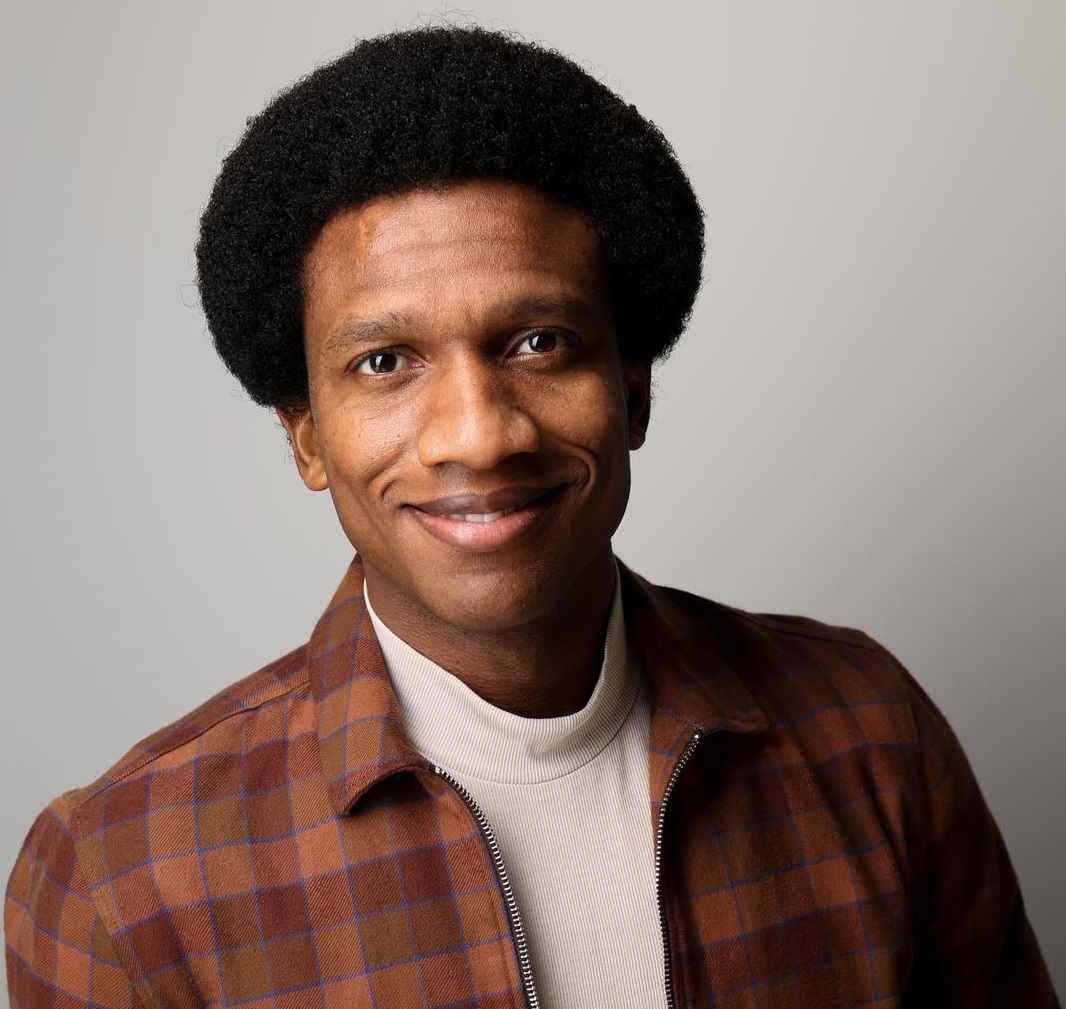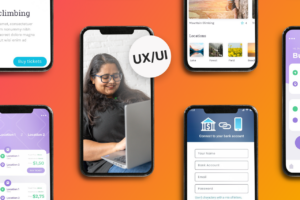Kenechukwu Okoye – Kene to his friends – has some fairly straightforward advice for any young person currently studying the sciences: “Learn a programming language. You simply can’t go wrong with that.”
Kene’s straight talk sounds slightly ironic, considering how convoluted his path has been before landing his job as a web developer. As a child in Enugu, Nigeria, he used to dream of being a doctor, until a chat with a cousin who studied medicine made him realise that just hearing about blood was enough to make his stomach turn. So, he signed up for a four-year BA in Biochemistry and Microbiology at the University of Nigeria, in Nsukka, and when that was over, he was signed up for his country’s compulsory National Youth Service Corps (NYSC), working for a year as Personal Assistant at the Ministry of Youth and Sports, back in Enugu.
It was during this year of service that he first brushed sides with coding, though not intentionally. His brother had referred him to a friend who needed help with his business; among other things, this business involved setting up a website for a school, and so Kene looked into some of the rudiments of web development.
“To be frank, at the time I thought programming just looked a bit geeky,” says Kene, who today is a Junior Developer for Business Unicorns GmbH. “But in truth, and even if I didn’t see this at the time, studying a scientific discipline had gone a long way towards preparing me to learn how to code. There is a similar mental process involved, which has to do with stating a problem, breaking it down into smaller parts, and then experimenting or testing different options until one provides the solution. In biochemistry, I used to visualise my problems by drawing them out; today, that’s the same method I use to approach coding problems.”
And yet, the reason Kene advises science students to learn coding is not because of the conceptual overlap. “It’s first and foremost a question of careers. There are many more jobs in programming than in any individual science. And they’re well paid too.”
Kene is able to make the comparison first-hand. After his time in Nigeria, he travelled widely: he applied for an MA in Natural Resources Management and Development in Germany, met his future wife during an internship in Ethiopia, and married her in Denmark.
This left him, at the end of his MA program, in an unfamiliar country and in urgent need of a job.
“But finding a job in my field was extremely difficult,” he says. “Companies expect you to pick up experience in internships, but these are scarce and normally underpaid, so I couldn’t support myself while doing one. What I really wanted was to build a future here with my wife, but even after I studied German up to B1 level, I still could not find a job. That was when a friend told me about the professional opportunities available in web development. I remembered my previous experience when I tinkered with that school’s website, and I decided to give it a go.
“I applied with some of the more famous coding bootcamps at first, but truth be told, I was rather put off by the interview process. Most seemed very impersonal and money-oriented. The WBS CODING SCHOOL was newer and not as well-known, but I encountered a warmer, more welcoming atmosphere. Indeed, the instructor I ended up with, Ben, was super cool and very patient. This bootcamp was longer than most alternatives on the market, but it also looked more comprehensive, like something designed to really give me a thorough preparation. That was exactly what I was looking for, so I signed up.”
Today, Kene is working in his first position as a Developer, and is looking to turn this into a long-term career. “I am not planning on going back into the sciences,” he says with a relaxed smile, “but even if I did, I would not regret the course. The coding skills I have acquired would prove immensely useful for any kind of scientific research.”
Hence his advice to his fellow science students: “It doesn’t matter if you intend to keep pursuing the sciences or do something different. Learn a programming language. You simply can never go wrong with that.”






